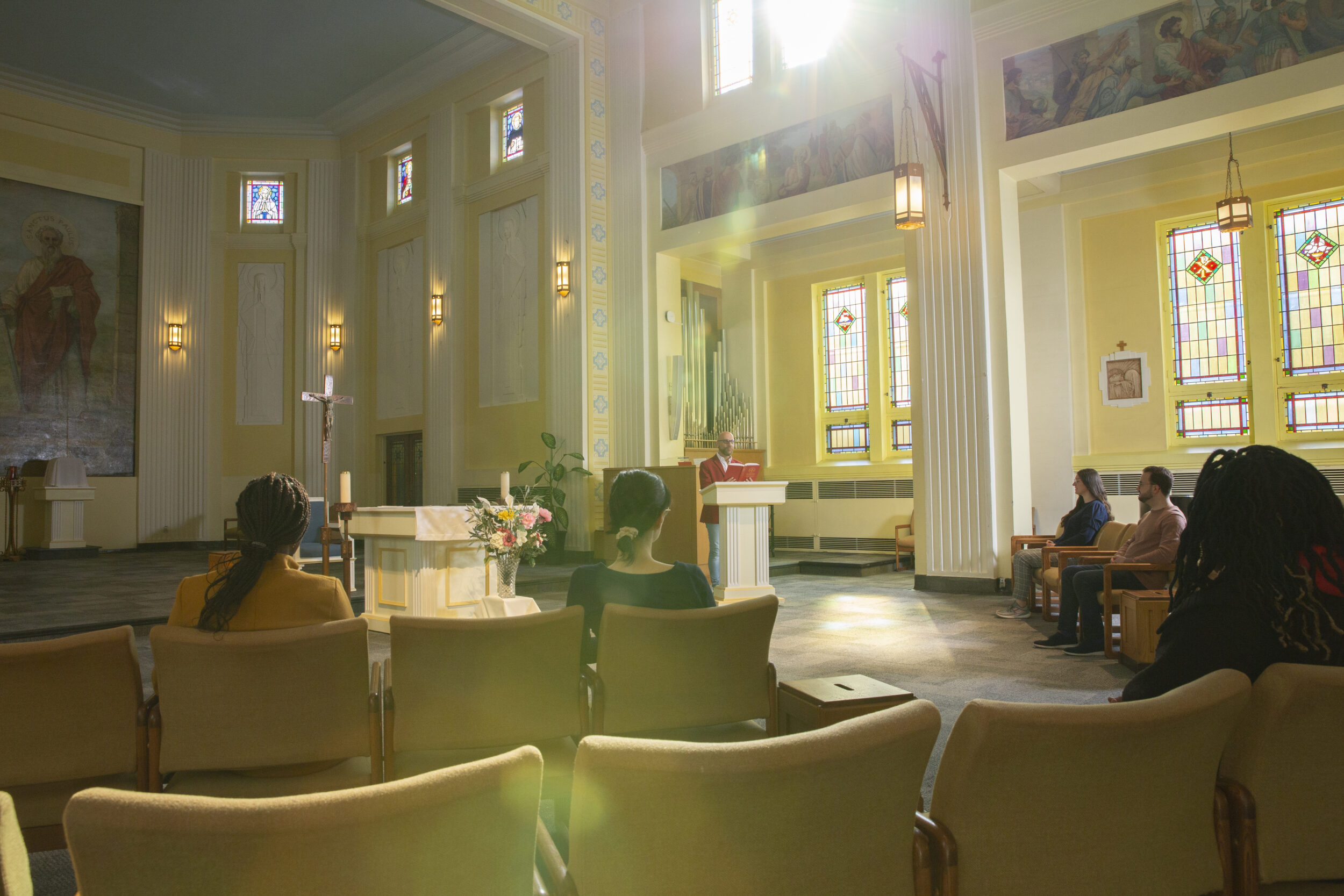-
THO5112 - Self-Understanding: Hermeneutical Theories and Methodological Integration
-
THO5113 - Issues and Conditions for a Contemplative Renewal
This course examines several current controversial issues surrounding contemplative theology and related theological and pastoral issues (e.g., pantheistic drift, negative relationship with the body, dangers of self-absorption and of a mind empty of thoughts, subversive attitude towards institutions). Exploring these issues can establish a link to similar controversies in the past, and allows reflection on the conditions necessary for a modern contemplative renewal, using language adapted to a secular and pluralistic society.
-
THO5114 - Steps on the Path towards Fullness: Methods and Issues
This course deepens the “mapping” done by mystical theologians (e.g., M. Eckhart, Theresa of Avila, Y. Raguin) of the road that leads to Fullness (unio mystica). What are the strengths and weaknesses of these “maps”, their commonalities and differences, their contribution to human knowledge and its spiritual dimension? Among the questions to be studied: What type of healing and what relationship to suffering is inherent in it? What is the place of grace as it relates to personal effort and the use of meditation methods? Are there any basic spiritual diseases?
-
THO5115 - The Master-Disciple Relationship and Spiritual Mentorship
Contemplative theology has traditionally recognized the need for a guide when one embarks on the spiritual path. Such an insistence can be viewed with suspicion in an era which questions authority and received traditions. How may the history and nature of the master-disciple relationship be understood today? Conversely, many put their trust in any self-proclaimed guide. How may one avoid falling into dependency or into a cult? Different models of guide – master, director, accompanier, soul friend, mentor, and counsellor – will be explored. What points of convergence may exist between this relationship and other forms of spiritual authority – pastor, priest, guru, etc.?
-
THO5116 - Contemplative Theology, Psychotherapies and Spiritual Traditions: A Dialogical Approach
This course deepens the study of spiritual experience and its attendant need for mentorship in dialogue with secular and pluralistic society. Among the questions to be studied: What is the nature of a dialogical approach, its promises and implications (e.g., Buber, Panikkar)? What issues arise in a social context in which interest in spirituality rubs shoulders with psychotherapies and Eastern meditation? How do they put theology itself into question? What are the similarities between the main meditation methods, Christian or otherwise? Do they lead to the same experience? If so, what is the value of the theological content?
